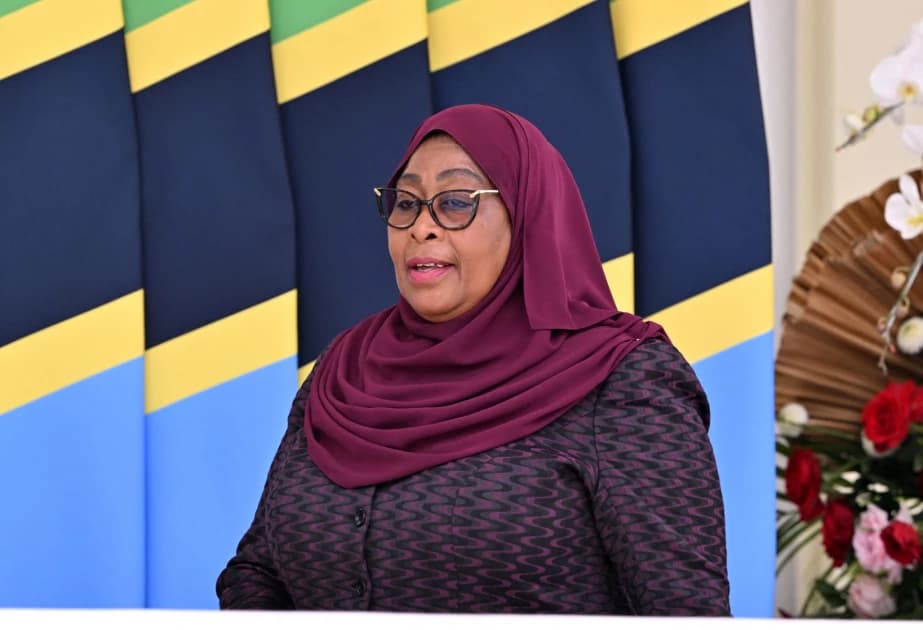We're loading the full news article for you. This includes the article content, images, author information, and related articles.
Kenya has opened diplomatic talks with Tanzania over a new licensing order that bars foreigners from operating in 15 service sectors; officials warn the restrictions and associated tax measures violate the East African Community’s Common Market Protocol a

Nairobi, Kenya – Kenya has initiated high‑level diplomatic talks with Tanzania to address a new licensing regime that bars non‑citizens from operating in 15 service sectors, a move Nairobi says threatens regional integration under the East African Community (EAC). Prime Cabinet Secretary Musalia Mudavadi announced on 31 July that President William Ruto, in his capacity as EAC Chairperson, had engaged his Tanzanian counterpart, President Samia Suluhu Hassan, to resolve the dispute.
The Business Licensing (Prohibition of Business Activities for Non‑Citizens) Order, 2025, published by Dodoma in June, restricts foreigners from owning or running small and micro enterprises in Tanzania. Kenya’s Trade Cabinet Secretary Lee Kinyanjui described the order as discriminatory and said it criminalises legitimate investments. Kinyanjui confirmed that Kenya will raise its concerns at a Joint Trade Committee meeting scheduled for 11–12 August in Dar es Salaam and at an extraordinary EAC Finance and Economic Affairs Council later in the month.
Kinyanjui also criticised Tanzania’s Finance Act, 2025, and amendments to its Excise Management and Tariff Act, which introduced new excise duties and an industrial development levy, arguing that they contravene the EAC Common Market Protocol. He warned that if left unaddressed, the measures could undermine Kenya’s exports to Tanzania, which were valued at Sh63 billion in 2024, and reduce the benefits of regional economic integration.
Kenya has urged the EAC Secretariat to compile a list of duties and charges that violate the Customs Union Protocol and to submit a report by 30 August. Mudavadi said that while Kenya respects the sovereignty of member states, cross‑border trade policies must be harmonised to avoid friction. Analysts note that Tanzania is Kenya’s second‑largest trading partner within the EAC after Uganda and that diplomatic strains could have a ripple effect across the region.
The talks come as businesses complain of escalating non‑tariff barriers in East Africa, ranging from lengthy border clearance procedures to unpredictable tax changes. Business leaders are urging governments to resolve disputes quickly and protect investments. The outcome of the Kenya–Tanzania negotiations will likely influence future regulatory frameworks in the bloc.
Keep the conversation in one place—threads here stay linked to the story and in the forums.
Sign in to start a discussion
Start a conversation about this story and keep it linked here.
Other hot threads
E-sports and Gaming Community in Kenya
Active 9 months ago
The Role of Technology in Modern Agriculture (AgriTech)
Active 9 months ago
Popular Recreational Activities Across Counties
Active 9 months ago
Investing in Youth Sports Development Programs
Active 9 months ago
Key figures and persons of interest featured in this article